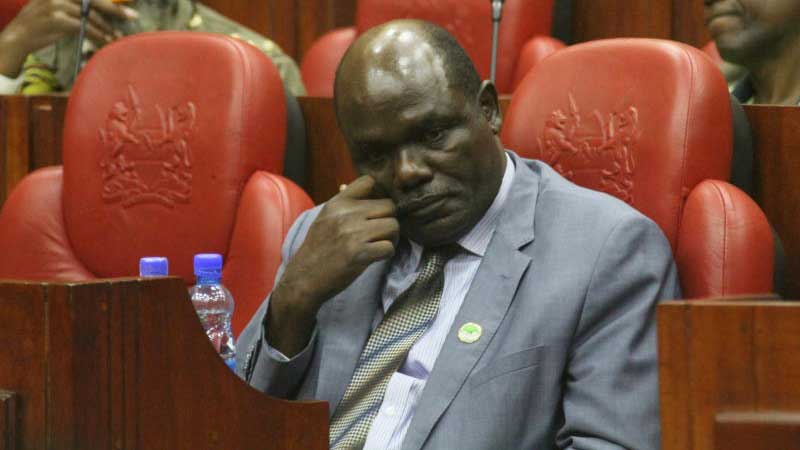×
The Standard e-Paper
Stay Informed, Even Offline

Electoral commission chairman Wafula Chebukati risks being jailed for disobeying a court order to reinstate embattled chief executive officer Ezra Chiloba.
Justice Stephen Radido has summoned Mr Chebukati and commissioners Abdi Guliye and Boya Molu to appear in court within 30 days.